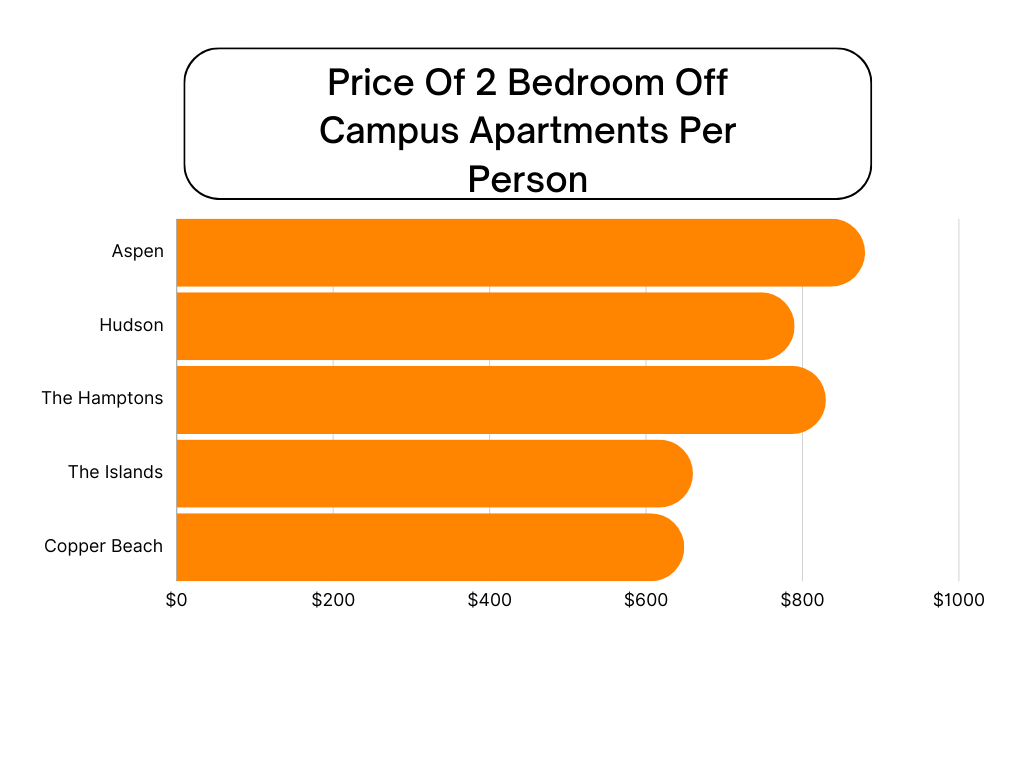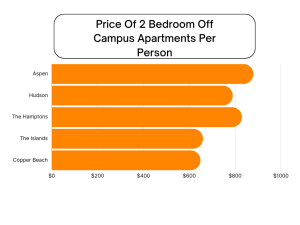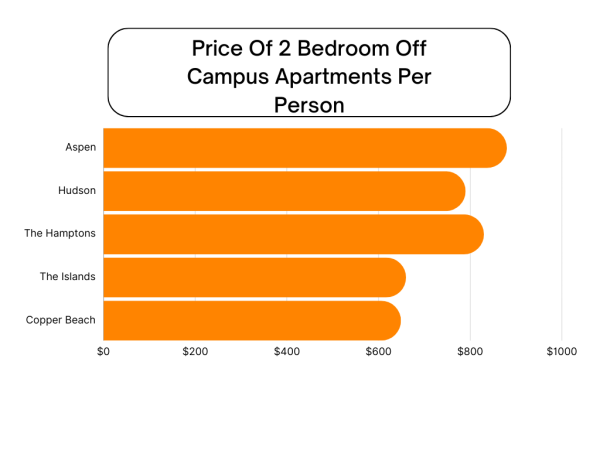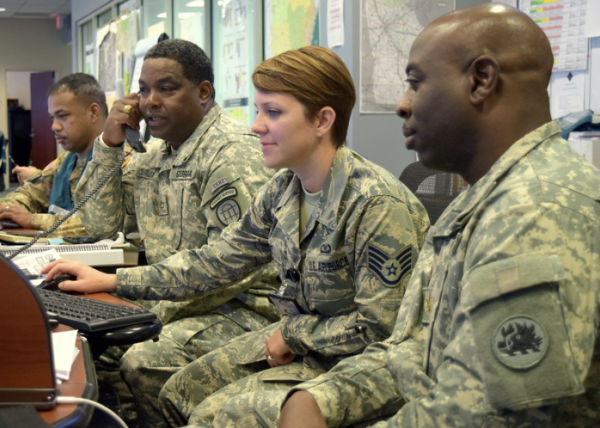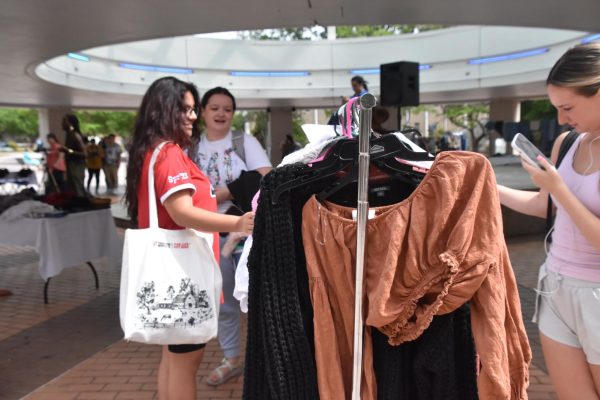Vision 20/20 gives new voice to GS students
April 3, 2017
The Student Government Association at Georgia Southern University launched Vision 20/20, a program that allows students to rank their biggest campus concerns, last semester, and the survey results are in.
Vision 20/20 was conceived by Dylan John, SGA president, when he attended a summer meeting for SGA where presidents would discuss their top three issues impacting their campus.
John realized a problem with this approach. Each year a new SGA is elected, and because of this, the direction of SGA changes with each administration change, and there is very little carry over from administration to administration. This issue caused John to come up with Vision 20/20.
SGA started by collecting the concerns of SGA presidents from other Georgia universities. All the responses were consolidated into 16 issues that were formatted into a survey that had students rank their main concerns for campus from 1 to 16. The survey was then shared with the other SGA presidents, who were encouraged to have their student body fill out the survey.
The survey was administered fall semester of 2016. 358 students at GS completed the survey, and there were more than 1,000 verified responses statewide.
The top three student concerns at GS were campus safety, sexual violence and college affordability.
This semester, SGA is using the responses from the survey to direct their projects. To address campus safety, SGA partnered with the Office of Public Safety to launch the Live Safe Eagles program, which encouraged students to download and use the LiveSafe app.
Vision 20/20 allows SGA to respond more effectively to student concerns, according to John.
“We as a student government, now knowing the concerns on the top of our students’ minds, are now able to respond more effectively,” John said. “In the past, it’s an assumption. I can go and tell the administration of the university and say ‘You know what, I think campus safety is an issue,’ and then they’ll ask me, ‘Why do you think that?’ And now I can say, ‘Because I have 358 students saying so.’”
The advantage Vision 20/20 gives is, even if there is an administrative change, the incoming president will have data showing what GS students think are the campuses’ biggest issues.
Vision 20/20 operates in two year rotations. The first year focuses on data collection and analysis, in which the survey goes out. The second year focuses on implementing programs to address student concerns with partnership between SGA and college administration.
After the two years, SGA plans to rerun the study, possibly adding or removing certain topics, and analyze how the rankings have changed from the previous survey to analyze the effectiveness of their programs and reevaluate their approach for the following semester.
Twelve Georgia university SGAs have signed an agreement to implement Vision 20/20 and have agreed to transition the data to their next presidents.
A few universities that signed on include Georgia Tech, Armstrong State, University of North Georgia and Clayton State.
The Vision 20/20 program findings have also been helpful in the GS’s consolidation process with Armstrong. The SGA presented to President Herbert with the results from both universities.
“My first meeting with the president for the semester and as soon as consolidation was announced, I took the report with both Georgia Southern rankings and Armstrong rankings and I presented them and said ‘Sir, you need to understand the student perspectives are different on both campuses and this is what it is,’”John said.
With the programming going into effect, the rankings for GS have been released.
The GS rankings are as follows:
1. CAMPUS SAFETY
2. SEXUAL VIOLENCE
3. COLLEGE AFFORDABILITY
4. DIVERSITY & INCLUSION
5. ALCOHOL/DRUG ABUSE
6. MENTAL HEALTH RESOURCES
7. ACADEMIC SUCCESS RESOURCES
8. HEALTH AND WELLNESS RESOURCES
9. ADMINISTRATIVE TRANSPARENCY
10. POLICING PRACTICES ON CAMPUS
11. RACIAL TENSIONS ON CAMPUS
12. FACILITIES
13. GSM/LBGTQ RESOURCES
14. DISABILITY RESOURCES
15. SUSTAINABILITY
16. AUXILIARY SERVICES


